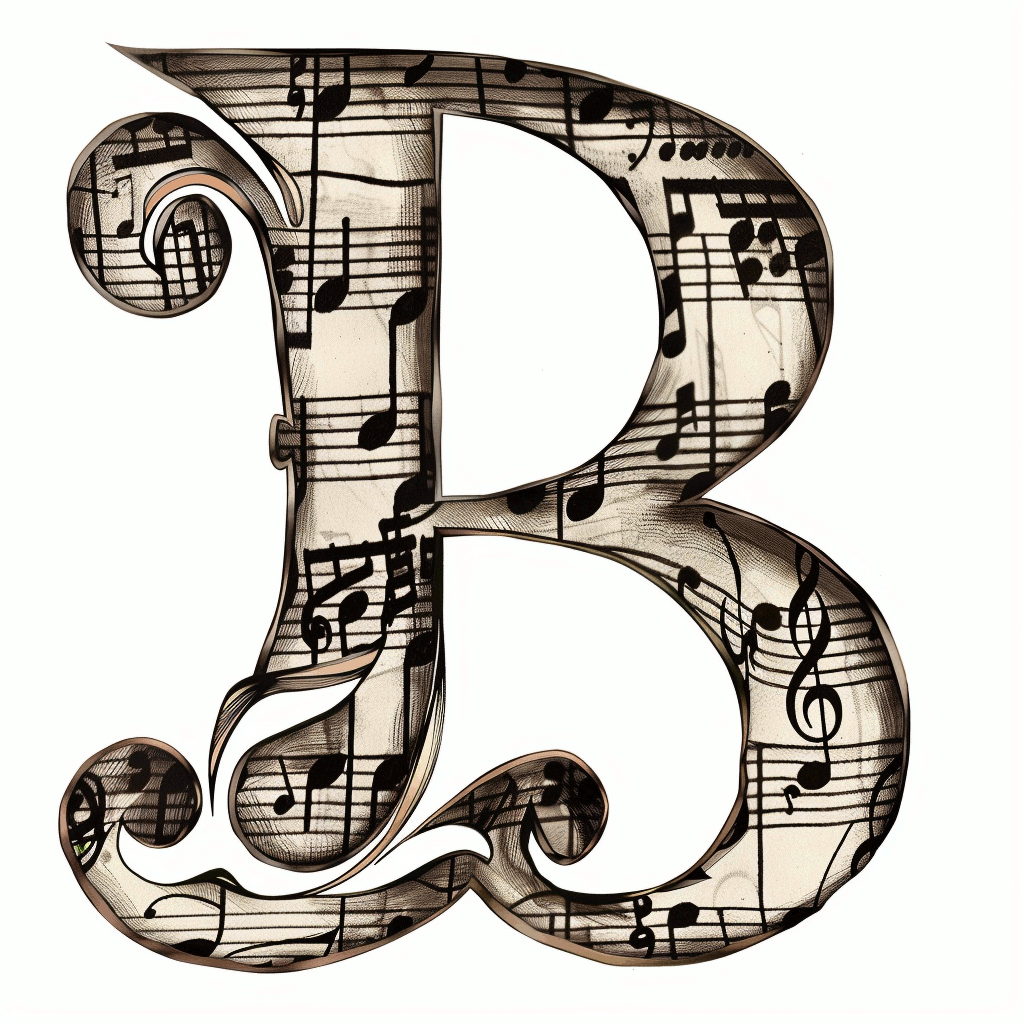Fernando Sor, the visionary maestro, leads your journey into the heart of classical guitar history with his innovative techniques. Francisco Tárrega, adorned with a romantic spirit, follows with his passionate contributions to the classical guitar repertoire.
Andrés Segovia steps forward as the revolutionary figure who propelled the classical guitar to concert stage prominence. John Williams emerges as the contemporary virtuoso, bridging classical tradition with modern sensibilities. In this article, we’ll take a look at these four influential classical guitarists.
Key Takeaways
- Fernando Sor, Francisco Tárrega, Andrés Segovia, and John Williams are some of history’s most influential classical guitarists.
- These guitarists have revolutionized the repertoire, technique, and perception of classical guitar.
- They have expanded the horizons of the instrument through their compositions, interpretative genius, and collaborations with other musicians.
- John Williams, in particular, has made classical guitar more accessible to a wider audience and has left a lasting impact through his educational contributions.
The Pioneer: Fernando Sor
Fernando Sor, celebrated as the father of the classical guitar, masterfully revolutionized its repertoire and technique during the early 19th century. His groundbreaking work established the foundations for contemporary classical guitar compositions, marrying the guitar’s natural melodic gifts with complex harmonies.
The studies, etudes, and sonatas crafted by Sor shine as pedagogical treasures, continuously guiding guitarists around the globe in their musical journeys.
Sor’s teachings transformed the guitar, once seen primarily as a folk instrument, into a respected medium for sophisticated musical articulation. His method books, characterized by their systematic approach to fingerstyle playing, espouse a philosophy that views the guitar as a powerful, independent musical entity.
The dynamic range, phrasing, and tonal nuances he introduced are pillars of modern classical guitar technique. Sor’s enduring impact on the classical guitar’s development stands as a testament to his genius.
The Romantic Virtuoso: Francisco Tárrega
Francisco Tárrega, the Romantic era’s virtuoso, masterfully built upon Fernando Sor’s legacy and uplifted the classical guitar to new heights. His approach to the instrument was both revolutionary and deeply emotional, perfectly encapsulating the Romantic era’s spirit.
Tárrega’s contributions can be highlighted as follows:
- Repertoire Expansion: Francisco Tárrega, a luminary in classical guitar music, composed enduring works that have woven themselves into the very fabric of the guitar repertoire. These pieces, brimming with Tárrega’s signature Romantic flair, are now cornerstones for guitarists worldwide, showcasing the depth and richness of the instrument alongside the works of other composers such as Llobet and Mertz.
- Technical Advancements: With his innovative spirit, Tárrega expanded the technical horizons of the guitar, developing techniques that unleashed its expressive potential. His pioneering methods have influenced countless guitarists, allowing them to explore new textures and dynamic ranges on par with the violin and piano, thereby enriching the guitar’s technical discourse.
- Pedagogical Influence: As a pedagogue, Francisco Tárrega laid the foundational stones for modern classical guitar pedagogy. His teachings resonate through time, inspiring guitar educators and shaping the curricula at music conservatories. His disciples, like Emilio Pujol, perpetuated Tárrega’s educational philosophy, ensuring that his pedagogical impact would echo through generations.
- Musical Transcriptions: Tárrega’s transcriptions bridged the gap between the guitar and the grand works of composers like Beethoven and Chopin. By adapting these piano masterpieces for guitar, he not only enriched the instrument’s repertoire but also invited guitarists to partake in the broader musical dialogue of the Romantic era. His transcriptions are cherished contributions, often compared to the interpretative insights of Segovia and Llobet.
Through these remarkable endeavors, the legacy of Francisco Tárrega continues to resonate, influencing the repertoire and technique of classical guitarists in today’s musical landscape. His artistic vision and technical prowess remain a beacon for musicians aspiring to the expressive heights of the Romantic virtuoso. I personally love playing Tárrega’s Recuerdos de la Alhambra. I’ve performed it live a few times and always get complements.
The Twentieth-Century Innovator: Andrés Segovia
Andrés Segovia, the father of modern classical guitar, stands at the forefront, having revolutionized the concert hall’s perception of the instrument with unwavering commitment. His technique wasn’t just about precision; Segovia breathed new life into the guitar, elevating it with emotional depth that could stand toe-to-toe with the violin or piano.
The masterful Segovia expanded the guitar’s repertoire through his interpretative genius and rich tonal colorations, encouraging esteemed composers such as Heitor Villa-Lobos and Manuel Ponce to enrich the instrument’s musical offerings.
In the realm of solo instruments, the classical guitar now enjoys a prestigious position, thanks to Segovia’s tireless tours and prolific recording efforts. His pedagogical influence is equally monumental; Segovia nurtured countless disciples, ensuring his innovative techniques and musical philosophy would echo through concert halls for generations.
When contemplating Segovia’s legacy, it’s evident that his contributions went beyond performance; he sculpted the identity of the classical guitar for the contemporary world, intertwining it with the essence of musical artistry.
Contemporary Guitar Icon: John Williams
Esteemed as more than a virtuoso, John Williams the guitarist is seen as a pioneering force, enhancing the classical guitar’s repertoire and making it more accessible to a wider audience. His collaborations and groundbreaking contributions echo powerfully within the guitar community, where he’s celebrated for his influence and innovation.
In terms of repertoire expansion, John Williams has become synonymous with the performance of modern compositions, thereby extending the classical guitar’s reach into new and exciting territories. His interpretations of contemporary works have become benchmarks for the classical guitar, broadening its horizons and inviting new listeners. Through technical mastery, John Williams sets an unparalleled standard for guitarists, with his flawless technique serving as an exemplar of precision and excellence. His mastery beckons aspiring guitarists to strive for the highest levels of proficiency.
John Williams’ innovative collaborations have seen him work with an array of talented musicians, which has significantly broadened the instrument’s appeal across various genres. His willingness to explore and integrate different musical styles has made the classical guitar more relevant and appealing in the modern music scene. Moreover, as an educator, John Williams has generously shared his profound knowledge through masterclasses and instructional materials, leaving an indelible mark on the next generation of guitarists.
Analyzing John Williams’ distinguished guitar career, one discovers a harmonious blend of traditional foundations and progressive adaptations. This fusion has undeniably cemented his legacy as a contemporary icon, where his contributions continue to resonate and inspire within the global music community. His commitment to the craft, coupled with his creative foresight, has made John Williams a name synonymous with excellence in the realm of classical guitar.



